Kraków’s tech hub future
WBJ sat down with Katarzyna Wysocka, Kraków’s Director of the Department of Entrepreneurship and Innovation to talk about the city’s future as an investment destination.
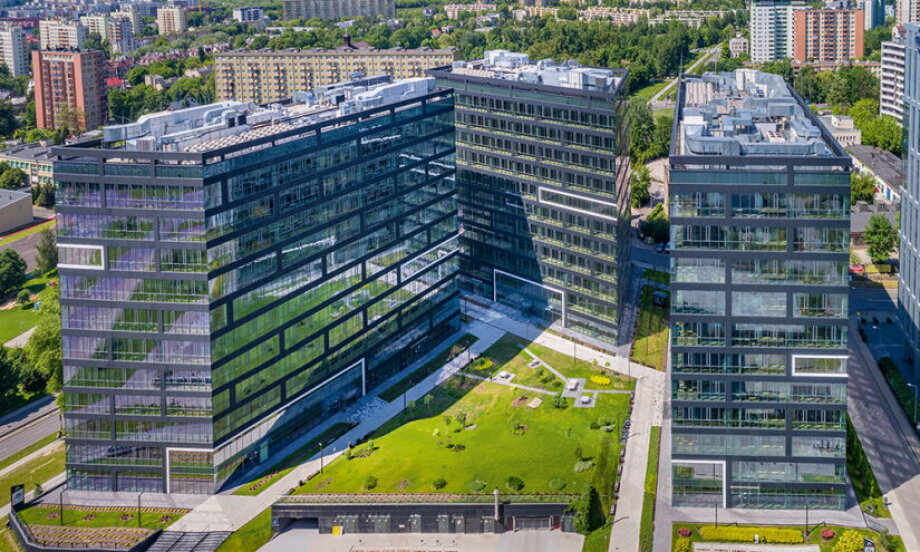
WBJ sat down with Katarzyna Wysocka, Kraków’s Director of the Department of Entrepreneurship and Innovation to talk about the city’s future as an investment destination.

WBJ: Kraków has been a well-established investment destination for multiple global corporations. From Cummins’ Master Rebuild Centre for high-powered engines, to a number of new R&D centers for global brands, international companies are looking to Kraków as the best location for high-tech and highly skilled jobs. What do you think drives the city’s success?
Katarzyna Wysocka: When it comes to its economic success, Kraków’s primary assets are its people, namely its well-educated workforce and professionals, which is largely what attracts businesses and investors. Multinational corporations choose Kraków not because it is cheaper, but because of the value it offers.
Numerous corporations develop their R&D centers in Kraków, with access to specialists and experienced managers, as well as an abundance of graduates in specialized fields of study. Kraków as an academic center is continuously developing a best-in-class and highly skilled workforce. New fields of study are being launched to meet market needs.
At the same time, given unfavorable demographic trends, Kraków also attracts students and talent from other parts of the region, as well as from abroad. Kraków is still one of the few Polish cities with a growing population.
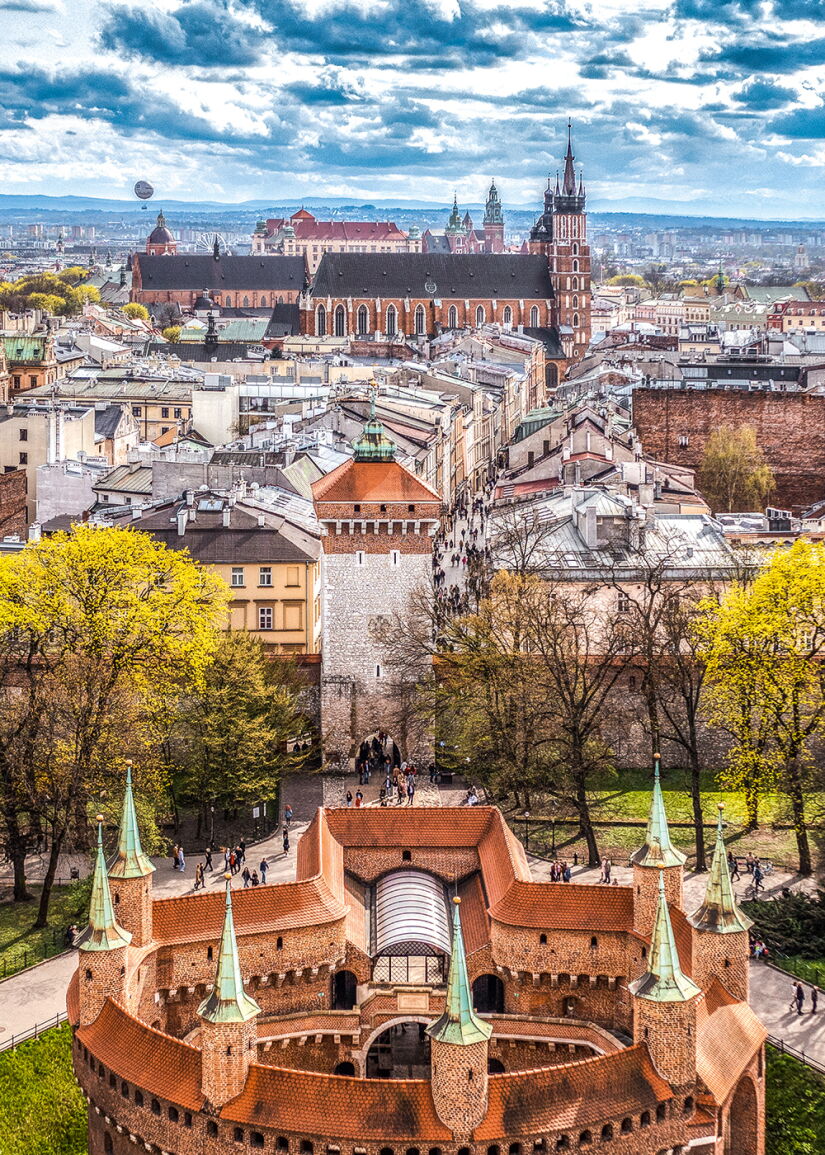
What makes the city a good place to live?
The city provides a high quality of life, offering an array of cultural, educational, sports and recreational opportunities, while ensuring a sense of security. Kraków offers high-quality municipal services and efficient public transport, and is conveniently located near transport routes, with a modern, international airport. On top of all this, Kraków enjoys a good global reputation, recognized as a business and cultural center.
Which industries and sectors are the most important for the city? Kraków has long been one of Poland’s top tourist destinations, especially for international travelers.
Tourism has traditionally played an important role in Kraków’s local economy, but we strive to support economic diversification. As such, a significant portion of the city’s income is still derived from manufacturing, as well as construction, creative industries, education and culture.
Both the local economy and residents have coped very well with the challenges of the pandemic and war crises. Through diverse and complementary activities of public and private institutions, academic centers and social organizations, Kraków is steadily developing its potential, particularly in the modern technologies.
In addition to hosting numerous multinational corporations over the years, the city fosters an ecosystem that supports innovation and entrepreneurship. This is evident in the rapid international recognition achieved by successful startups like Estimote, Brainly, Callpage, Synerise and Silvair, which are already well-known brands.
Indeed, Kraków has gained a reputation as a vibrant start-up center. What specific tech niches are located there?
Kraków is one of the main centers for tech and innovation companies in Poland, with many firms in this sector establishing their headquarters or branches here. This has accelerated the already dynamic pace of economic development of the city. Some notable examples include Motorola Solutions, IBM, Google, Cisco Systems, EPAM Systems, and Comarch.
In the life science sector, in biomedical and pharmaceutical research, Selvita is a leading player. As one of Poland’s largest biotech companies, Selvita is a key contributor to the Life Science Cluster, fostering cooperation and knowledge exchange among various partners.
Technology transfer centers operate at all major universities in Kraków, where innovative ideas and technologies are generated. This not only contributes to a highly skilled workforce across sectors but also enhances Kraków’s competitiveness in the global business landscape.
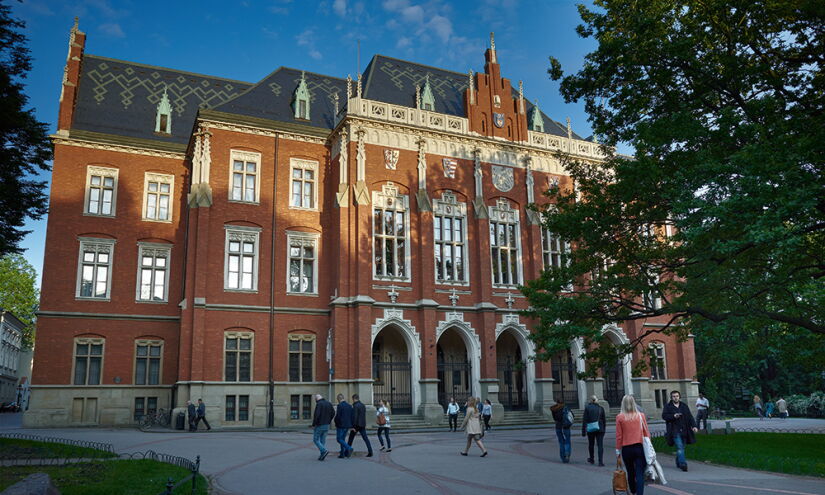
How do you see Kraków’s future as an investment destination? What are your strategies to attract the next large-scale investment projects?
One of the city’s strategic goals is to develop a knowledge-based economy. This approach refers to an economic transition where knowledge, information, innovation and human skills are the main sources of growth and competitiveness. Key aspects such as a highly skilled workforce, and expertise, research, infrastructure facilitating technological development, and creativity are crucial.
The development of Kraków’s economy hinges on the dedication of top-tier research and business professionals, alongside the ever-expanding accessibility of scientific facilities. Intersectoral cooperation between science, business and the local government, as well as the promotion of innovation, are accompanied by a well-tailored educational system.
Fostering the development of both a knowledge-based economy, and more traditional sectors focused on the manufacture of material goods, is important in view of the principle of sustainability.
Kraków promotes smart city solutions while equally supporting small and medium-sized enterprises, art as well as protecting the environment, improving air quality, expanding green areas and adapting to climate change. We also invest in quality education, research, and technology transfers. All while keeping an open and cooperative environment, because we know how important it is for the development of the city.
In a highly competitive global market, Kraków still attracts investors, young people and professionals from all over the world, offering them the opportunity to develop their talent here. Our city is a modern metropolis of international importance, focusing on innovation and new technologies, which not only stimulate the economy but also translate into a high quality of life.
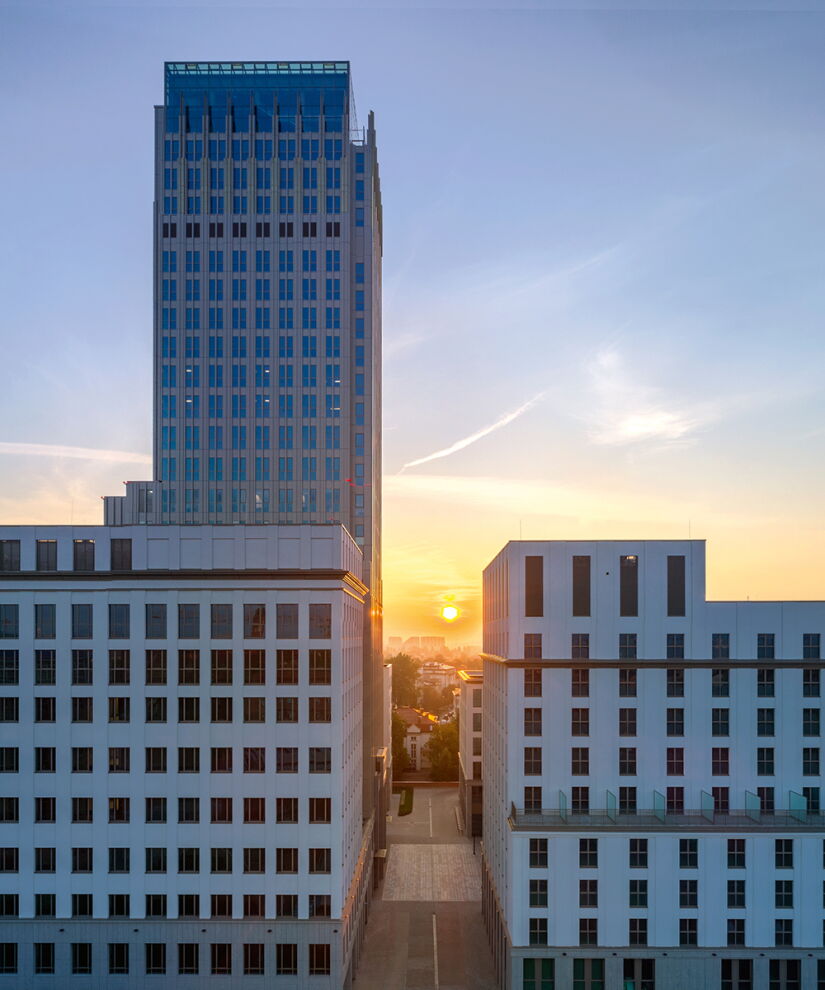
What are Kraków’s priorities and plans when it comes to the direction of the city’s urban development plans?
On the one hand, the priorities of Kraków’s development plans reflect the city’s current needs, but on the other, they rely on the strategic development goals as provided for in policy documents, such as zoning plans, city development strategies or more detailed urban renewal programs.
The fundamental principle is to balance the directions of development: in Kraków, when planning and implementing development goals, we consider environmental, social and economic aspects, resulting in the promotion of public transport, energy savings, protection of green areas and preservation of cultural heritage, while continuously strengthening social integration and supporting all initiatives aimed at building social ties. We engage residents in this process in order to meet their needs and preferences.
With regard to urban infrastructure, we focus on the further development of roads, bike paths and the public transport network, as well as the modernization and development of power, sewage and heating systems.
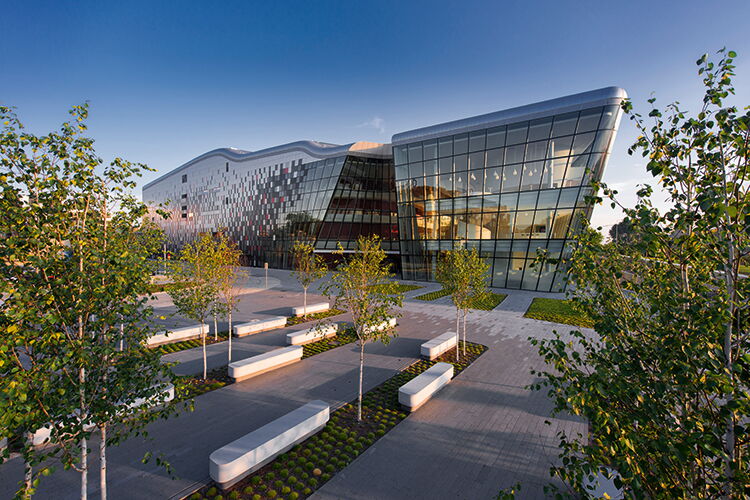
How do you address the city’s housing needs?
An important challenge for our city is, of course, the need to develop residential areas and facilitate the construction of more housing. Combined with the polycentricity principle and the preservation of multi-functional districts, the “New City” project revitalizes the concept of a modern, multifunctional district that is pivotal for Kraków and for neighboring municipalities’ future growth.
How do you balance it with the commercial and office functions?
The need to create spaces with new residential, commercial and office functions seems obvious. In addition, the development of industrial and business areas, along with the infrastructure required for the growth of the tourism, recreation, culture and leisure sectors, are among the main goals of local companies, such as Kraków Nowa Huta of the Future, Arena Kraków and Kraków Development Agency.
Currently, we are also preparing the Kraków Program for Supporting Entrepreneurship and the Economic Development of the City for 2024–2029, which – within current legislation and effective opportunities – provides for the systematic promotion of entrepreneurship. The vast majority of economic operators are small and medium-sized enterprises, and it is these companies that strongly influence economic development, including employment growth. Economically active cities are known to have lower unemployment, higher income, and are more successful in attracting outside investors.
